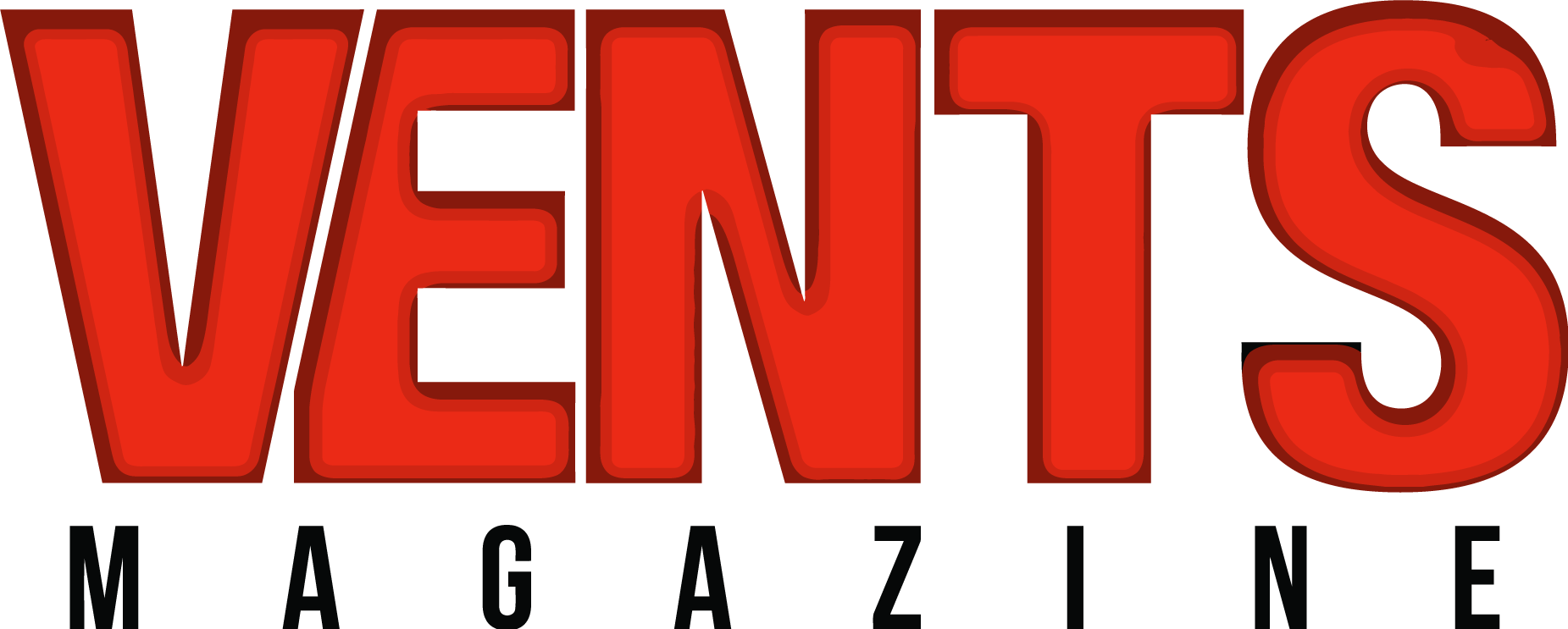
Search has always been competitive. In the early times, websites raced to master Google’s algorithm with backlinks and keyword density. In the 2010s, content marketing and voice search shaped strategy; now, in 2025 and beyond, the new battleground is AI search.
Instead of scrolling through links, users ask ChatGPT or Google AI Overviews a question and receive a direct answer. At that moment, only a handful of sources are cited. If your content isn’t selected, you’re invisible. The winners of this new game will be those who master Generative Engine Optimization (GEO) and structured content.
What is GEO?
According to StoryChief, Generative Engine Optimization (GEO) is the process of optimizing your website’s content. So it is cited by AI-driven search engines like ChatGPT and Google AI Overviews. Rather than competing for 10 blue links, GEO focuses on positioning your content as one of the 3–5 trusted sources AI systems use when generating answers.
Why Structured Content is the Secret Weapon
If GEO is the game, structured content is the playbook.
AI systems work differently from humans: they don’t “read” for entertainment, they scan, parse, and extract. The more structured your content is, the easier it is for generative engines to pull the right pieces and credit you.
Structured content means:
- Clear hierarchies: H2 and H3 headings that guide the narrative.
- Scannable lists: Bullet points and numbered steps for processes.
- Concise definitions: 2–3 sentence summaries at the start of each section.
- Highlighted data: Bold statistics, percentages, and key takeaways.
- Credible citations: Linking to authoritative sources for proof.
This structure doesn’t just help humans; it gives AI exactly what it needs to select your content as a cited authority.
GEO + Structure = Visibility and Authority
Here’s how the combination works in practice:
- A user asks, “What’s the best content marketing platform for agencies?”
- Perplexity scans structured articles.
- Content that clearly defines, compares, and cites sources gets selected.
- Your brand appears alongside other trusted names, and suddenly, you’re part of the answer.
That citation builds visibility, authority, and trust, three things that are increasingly more valuable than a #1 Google ranking.
Strategies to Win the AI Search Game
If you want to win, here are the moves that matter most:
- Lead with data — Add 3–5 fresh statistics to each page.
- Design for extraction — Use bullet lists, concise headers, and summaries.
- Back claims with sources — Cite industry reports, research papers, and trusted authorities.
- Write with authority — Avoid hedging language and take clear stances.
- Think long-term — Consistency across platforms builds recognition in training-data models.
- Track your progress — Tools like AISEOTRACKER make it possible to monitor how often your content is cited in AI results and benchmark against competitors.
Why This Matters for Businesses
The implications go far beyond SEO.
- Traffic patterns are changing. Instead of bouncing between links, users engage with AI answers — and only click through to trusted sources.
- Purchases are happening inside AI. Platforms like Perplexity already offer “Buy with Pro” features, integrating transactions directly.
- Authority is reinforced. Being cited by AI repeatedly cements your brand’s status as an industry leader and makes a pathway.
In short, GEO isn’t about getting clicks; it’s about owning the narrative in AI-driven discovery.
The rise of AI-powered search marks a turning point in digital visibility. The companies that adapt quickly will not only capture attention today but also secure their authority for the years ahead.
Winning the AI search game isn’t about chasing algorithms; it’s about building trust at the scale of this era. Credible content, your brand becomes the voice that AI platforms lean on when answering the most important questions in your industry by combining Generative Engine Optimization (GEO) with structured data. And unlike the early days of SEO, where only a few pioneers saw the potential, the GEO opportunity is still wide open. The brands that act today will define the digital leaders of tomorrow.
